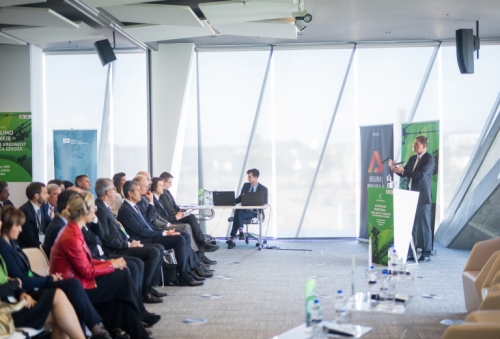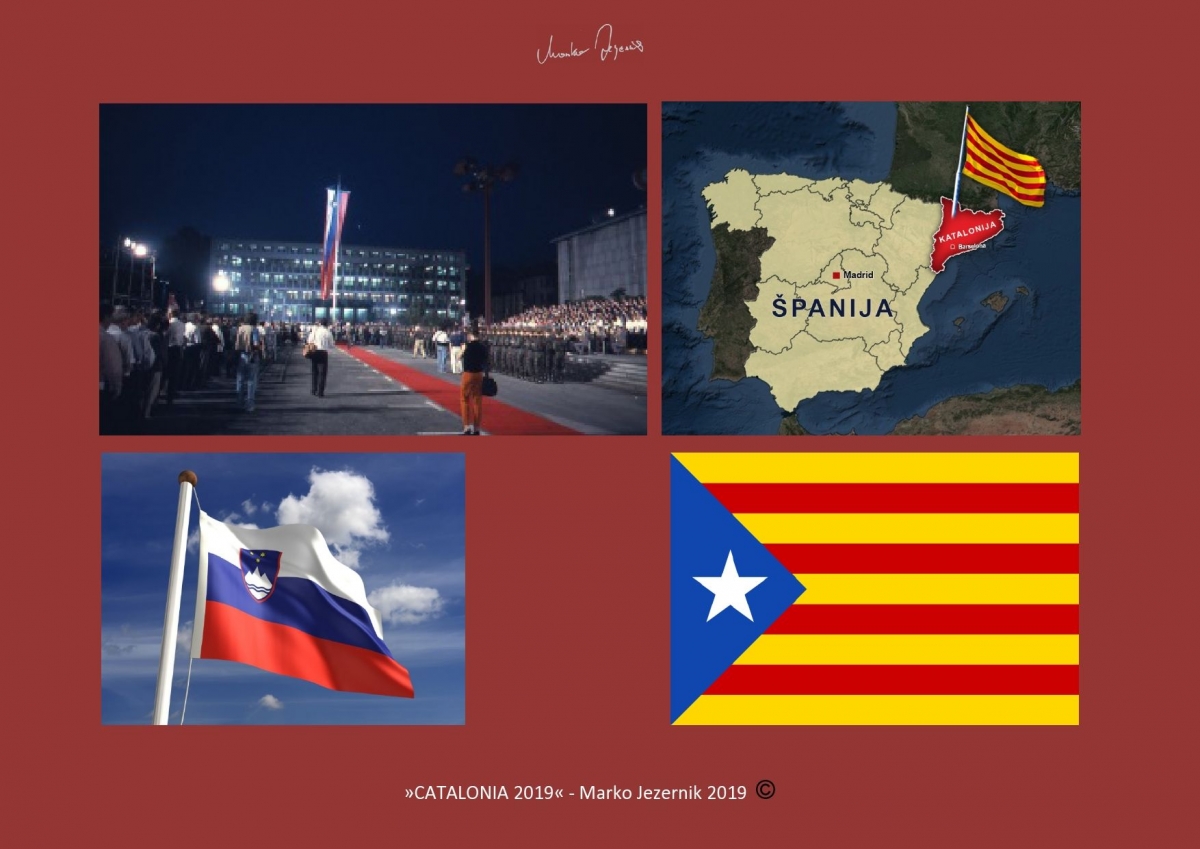
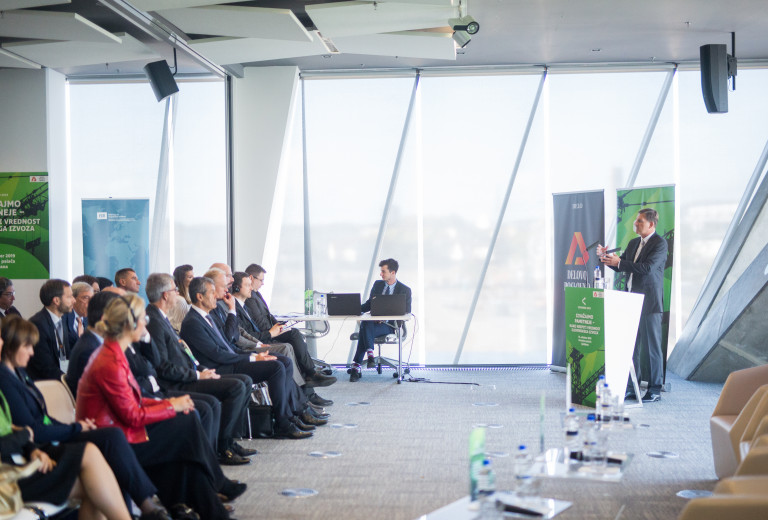
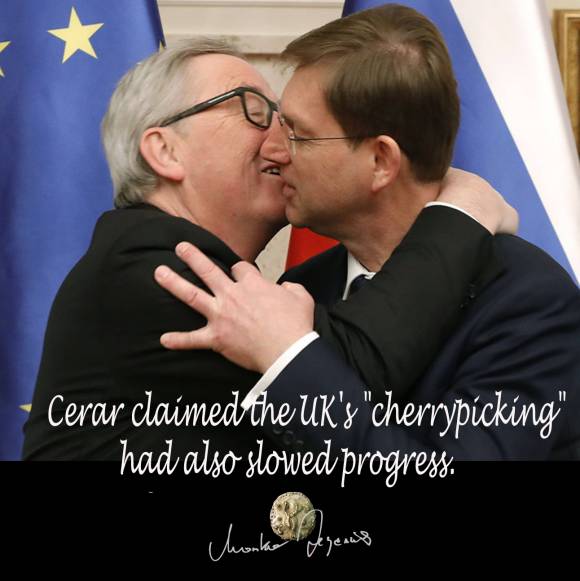
VSloveniji ustanovljen odbor za vseevropsko solidarnost s katalonskimi političnimi zaporniki v Španiji
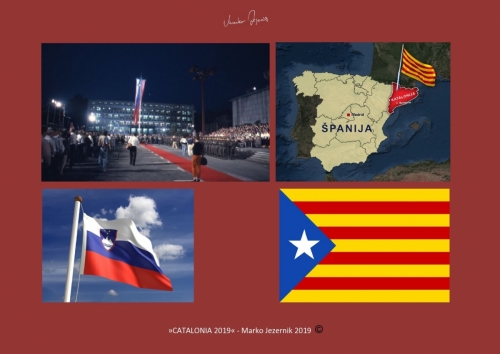
Kosovo - Po kosovski vojni leta 1999 je Resolucija 1244 Varnostnega sveta Združenih narodov določila, da je Kosovo ozemlje pod oblastjo Začasne upravne misije Združenih narodov na Kosovu (UNMIK), katerega varnost zagotavlja Kosovska sila (KFOR) pod poveljstvom Nata, in pravno potrdila suverenost Srbije nad območjem. Po neuspešnih pogajanjih o ustavnem statusu Kosova pod pokroviteljstvom Združenih narodov je 17. februarja 2008 prehodna kosovska vlada enostransko razglasila neodvisnost od Srbije[7], se poimenovala Republika Kosovo (albansko Republika e Kosovës, srbsko Република Косово, Republika Kosovo) in bila deležna delnega mednarodnega priznanja državnosti (državo so priznale npr. Združene države Amerike in nekatere pomembne evropske države, 5. marca 2008 tudi Slovenija). Suverenosti Kosova poleg Srbije oporekajo še Azerbajdžan, Belorusija, Ciper, Gruzija, Kazahstan, Ljudska republika Kitajska, Moldavija, Romunija, Rusija, Slovaška, Španija, Šrilanka, Vietnam in nekatere druge države. Njihovo stališče je, da je Kosovo srbska pokrajina z imenom Avtonomna pokrajina Kosovo in Metohija (srbsko Аутономна покрајина Косово и Метохија, Autonomna pokrajina Kosovo i Metohija, tudi Космет, Kosmet; albansko Krahina Autonome e Kosovës dhe Metohisë).#
Krim- RUSSIAN STATE NEWSPAPER APOLOGIZES FOR SLOVENIA CRIMEA STORY
Statement by Minister Dr Miro Cerar on Catalonia
On the sidelines of the Foreign Affairs Council meeting, I spoke with Spanish Foreign Minister and future High Representative for Foreign Affairs and Security Policy Josep Borrell. I was interested in his assessment of the situation in Catalonia – and Spain! Not his assessment of the convictions, but of the next steps, both for proponents of Catalonia’s independence and the Spanish state authorities.
Let me reiterate that, as the foreign minister of an EU Member State, representing the positions of the Republic of Slovenia, I must not interfere in the court proceedings and decisions of democratic countries, and Spain is such a country. This is not the same as urging countries not to adopt legislative proposals that would encroach on judicial independence (as within our group of like-minded countries that are justly appealing to two Member States, Poland and Hungary). In my capacity as foreign minister, I am much less free in my actions than deputies or civil society representatives, who may express their personal political views on Catalonia.
Slovenia’s foreign policy consistently and systematically advocates the rule of law and its principles. Consequently, we call for respect for court decisions, both at home and abroad. We must call for respect for human rights, the rule of law and judicial independence. We cannot do otherwise because this would entail losing our credibility.
Also because of our own experience, Slovenians champion the right of peoples to self-determination and can understand Catalonian ambitions. However, this right must be expressed and implemented constitutionally – that is lawfully and in accordance with democratic standards. Slovenian independence efforts were also directly based on a provision of the erstwhile Yugoslav constitution, explicitly providing that the constitution was founded “on the right of each nation to self-determination, including the right to secession”.
Because my words from yesterday have already been twisted and misinterpreted, let me once again emphasise that the situation of Slovenia in 1991 and Catalonia today cannot be equated: Slovenia pursued independence to establish democracy, human rights and the rule of law. Today’s Spain has all of these.
We must respect Spain’s unity enshrined in its constitution. What is more, the Treaty of Lisbon requires the European Union to respect Member States’ essential state functions, “including ensuring the territorial integrity of the State”.
For Slovenia, it is crucial that dialogue to regulate relations between the Government in Madrid and the Catalonian Government be continued. This is why we insist on the need for dialogue and finding solutions peacefully, because repression serves no purpose.
The EU and its Member States share the same values, respect for human rights and a functioning legal system. Each functioning legal system allows for appeal proceedings, which the convicted will probably have recourse to in order to justify their position. By ensuring the independence of the judiciary Spain will be able to demonstrate its democracy and commitment to the rule of law
Minister Cerar attends business conference on smarter exports
16. 10. 2019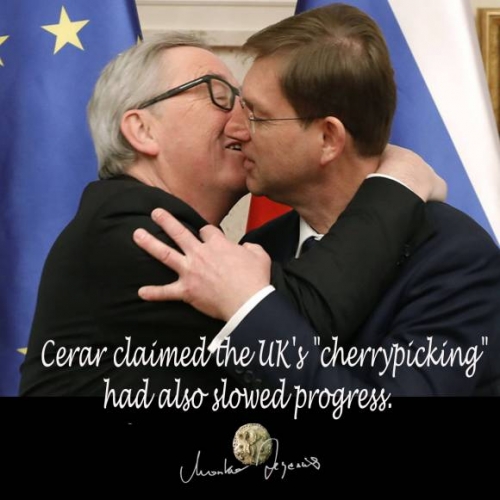
LJUBLJANA, April 12 (Xinhua) -- Slovenian Foreign Minister Karl Erjavec said Thursday he did not think a U.S. military intervention in Syria would improve the situation in the country, and called for a diplomatic and political solution.
According to the Slovenian Press Agency STA, the minister expressed his "grave concern" in a statement to the nation's media in the wake of the U.S. military attacks on some Syrian targets.
Nisem ravno ponosen na odziv slovenske zunanje politike na dogajanja na geopoliticni sceni. Tudi kompas nam pri tem ne more pomagati.
Nadaljevanje Zunanja politika za telebane 7
Oct 19, 2019
